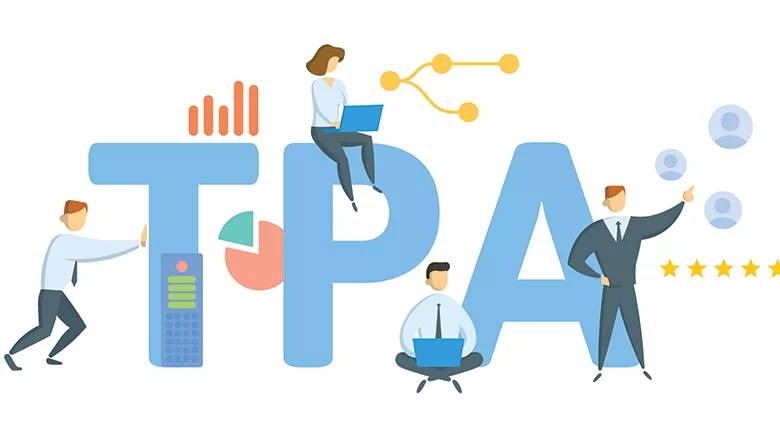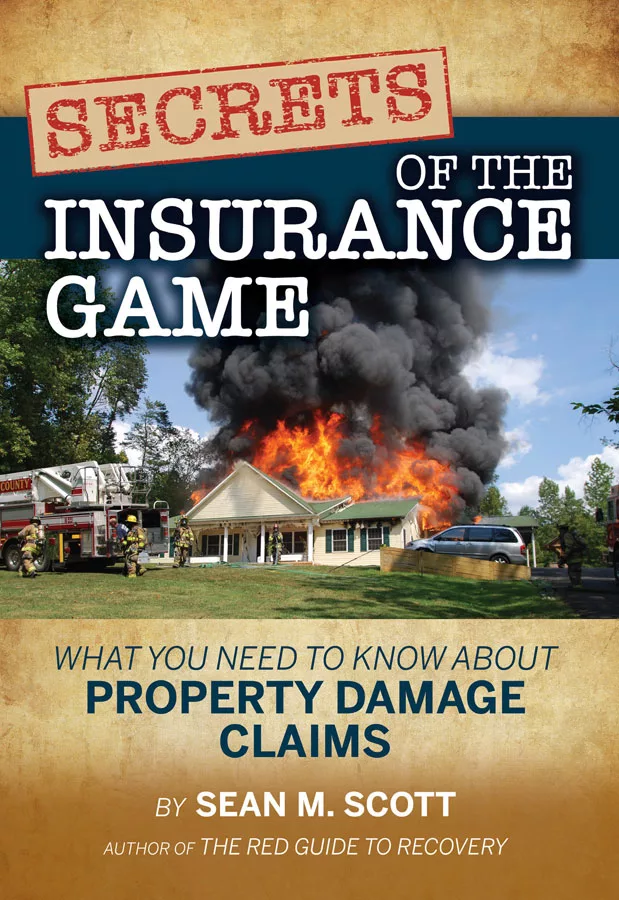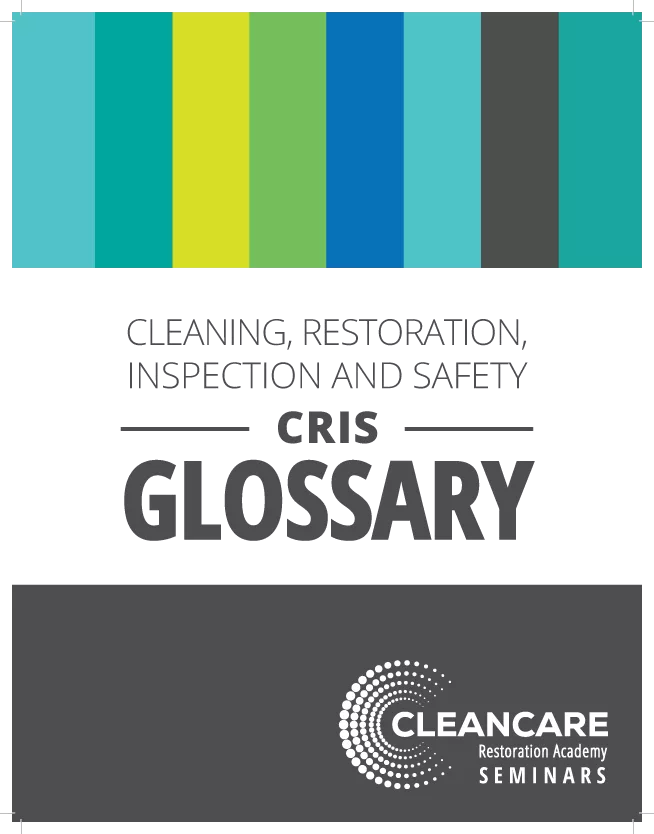The Stranglehold of a TPA on the Restoration and Remediation Industry

Photo credit: Good_Stock / iStock / Getty Images Plus via Getty Images
The Stranglehold of Monkey Middlemen
In the restoration and reconstruction industry, the presence of Third-Party Administrators (TPA’s) is an unfortunate necessity for a variety of reasons. From the limitations imposed by low staff at insurance agencies to the aftermath of disaster events that surpass the capacity of a single provider, TPA’s have become integral to the industry on many levels. Insurance agencies are relinquishing control of an increasing number of vital steps in the claims process to TPA’s, and in doing so, they are making life more difficult for service providers and property owners alike.
A restoration company working with insurance providers might come to expect a certain level of hoop-jumping in order to do business. This is because it’s less work to secure a lead from an insurance company than it is to harvest one organically. For this reason alone, the extra work required to play in the insurance claim game, and the lower profit gained from these projects are offset by the near zero cost to source the lead in the first place.
Effects on Restoration Providers: Shift in Liability
In an attempt to minimize additional liability and workload, insurance carriers have increasingly delegated tasks to third parties. Initially, TPAs were brought in for claims facilitation, but their scope has expanded to include the verification of credentialing now too. This shift, while driven by a desire to streamline processes, introduces a new set of challenges for restoration service providers, undue burdens in compliance, and additional costs that didn’t previously exist.
Monkey Wrench Middlemen
The emergence of monkeying middlemen as the singular choice for credentialing in the restoration industry has raised eyebrows. Despite the illegality of monopolies in America, one company has managed to establish a stranglehold on the credentialing bottleneck within the industry. The lack of alternatives has created a situation where restoration companies are left with little choice but to navigate the primate circus all alone.
Burdensome Process
If you haven’t worked with the great ape circus yet, you’re in for a treat! They’re understaffed, unprepared and uncommunicative about the entire credentialling process. What used to be a simple back and forth with an insurance provider is now a weeks-long, potentially unresolved struggle. These days, getting credentialed by any insurance carrier requires multiple extra steps for the restoration provider that never existed before. It used to be that proving your company’s liability coverage meant getting one insurance company rep to speak with the other and trade papers back and forth until they figured everything out for you.
Now the process involves contacting your liability insurance provider, then the Primate Patrol to make sure they got what was sent. This is an important step since they don’t have enough staff to verify it in real time. Then, you have to wait for the Orangutan Organization to spend two weeks looking over the paperwork – a process that used to be only minutes long. If it’s done correctly, great! If not, it’ll be on the restoration company to figure out what’s missing and get it fixed. This, despite the fact that the instructions are non-existent and the means for doing so are about as user-friendly and intuitive as a tax return.
Monopolistic Loss of Options
For any restoration provider determined to do business with insurance agencies (so…pretty much all of them) the onus of having to deal with a single company makes it imperative to maintain a healthy working relationship with that organization. This becomes a problem when that working relationship breaks down, or when it couldn’t be built in the first place. If there are no other options for credentialing agencies, then there’s nothing stopping Bonobo Bosses from dragging their feet on doing anything they’ve been tasked with.
Profile Portal Problems
Did we discuss how all of this credentialing looks and feels like a tax audit? That’s really being too mean to tax audits, though, because it’s far worse than that. At least when doing taxes there are clear instructions on what needs to be done – either you pay or get a refund. With the portal that the Gibbon Guild uses to “streamline” the process it’s anyone’s guess what needs to be done, or undone, or anything! There is no logical flow to the design of the portal. There are no instructions. There is no chat-bot there to pretend like A.I. can help. It’s just you vs. a series of unguided entries to fill.
Effects on Customers
Downstream of the deleterious effects that the Baboon Brigade causes restoration service providers are the end users of all these services – the customers. It may not seem immediately obvious how this would ever affect consumers at the end of the line, but in truth the outcomes are profound!
Less Hoop-Jumpers
Due to the amount of time that it takes the Tamarin Team to turn around a simple insurance coverage credentialing, it is inevitable that their business model will stymie the patience of smaller restoration providers and usher their exit from the pool of potential talent.
At first, this may seem like a boon to companies with the resources to continue waiting for Monopoly Macaque to do its job. Ultimately, it will cause more problems than it solves as it reduces the amount of qualified talent in the labor pool for the projects that arise. Not every project is big enough for national companies to take on. This means that it is put on their back burner when they are forced to do it, whereas it would have been a fantastic opportunity for a smaller niche company that has in-house resources to do the work in a timely manner.
Potential for Bad Actors
Not only will this cool competition, but it might also inspire delinquency and acts of outright fraud due to the lack of credentialed options that TPA’s can choose from. Moreover, the less competition there is, the more the consumer pays a price for a diminished labor pool. Big companies charge more and work slower, and at the end of the day, all of these costs will be passed down on to the consumer.
Looking Ahead
The rise of Bumbling Baboon and its monopolistic control of the credentialing business for restoration services providers poses a serious issue for consumers and companies alike. Addressing these undue burdens and the costs that follow them will be challenges for industry stakeholders going forward no matter what size operation they are running.
At the end of the day, restoration providers are here to restore properties and give people back their peace of mind. Credentialing is a clear necessity to ensure property owners or their representatives are provided services by licensed, bonded, and insured professionals. But the process of proving these points shouldn’t cost so much that it pushes out qualified candidates. Ultimately this will only cost the consumer more and give them fewer options.
As Lazy Lemur continues to wreak havoc on business as usual, it definitely prompts a broader conversation about the dynamic between streamlining insurance provider workflows against maintaining a competitive landscape for restoration operations industry-wide. Through years of teaching, Koko the gorilla was taught sign language. Maybe with enough coaching the restoration industry can teach this Chimp business basics.
Looking for a reprint of this article?
From high-res PDFs to custom plaques, order your copy today!









